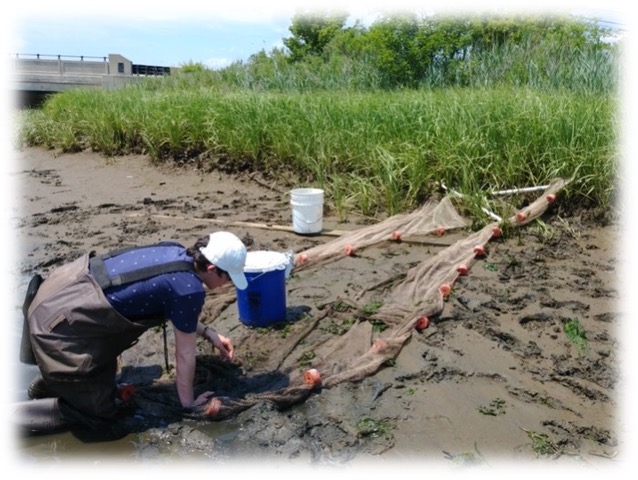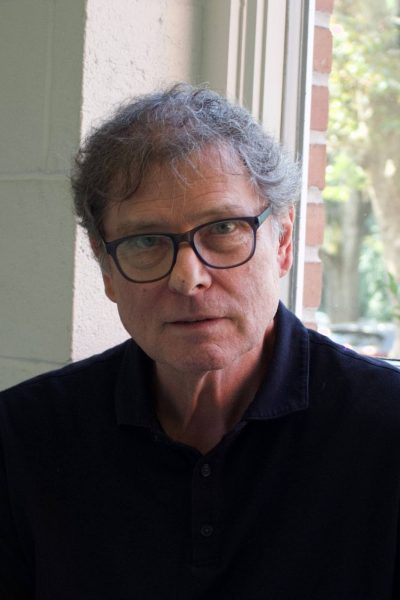SOARing into the Effects of Ocean Acidification on Grass Shrimp
My name is Anthony DiSipio, a junior at Moravian University. I’m majoring in environmental science and minoring in biology.
I never would have thought of doing a SOAR project if I hadn’t attended an information session about it in the spring of 2021 and learned I could do research in marine biology. Then, I met with Dr. Joshua Lord to discuss the possible projects we could do.
At first, I really wanted to do something with coral reefs and how the reefs are affected by ocean acidification. Dr. Lord told me that this would really not be possible due to COVID-19 and the limitations on travel.
Dr. Lord did, however, tell me about the research he had done last year with
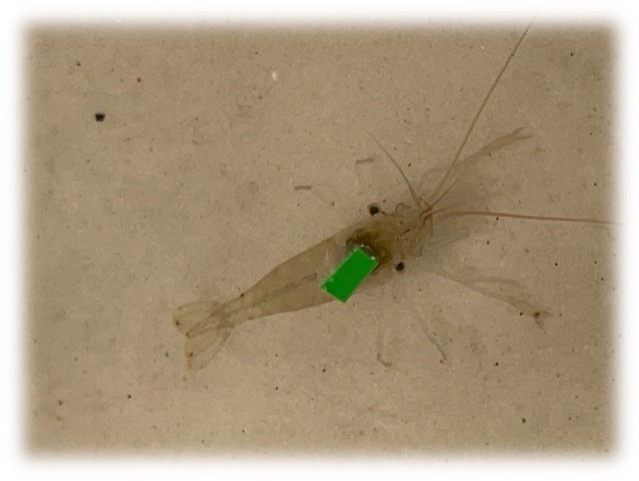
another student named Sam Rappaport on grass shrimp (Palaemon pugio) for SOAR. Together, they discovered that a dominance hierarchy is formed within the species which is only displayed in the females and determined by claw size.
After learning this, Dr. Lord suggested the idea of working with grass shrimp and combined it with my idea about the effects of seawater conditions.
Once we agreed to this topic, we both did our part for the project proposal and then waited for approval from the SOAR Committee. In mid-April, we got a confirmation email allowing us to conduct research over the summer. The research officially started on May 24, 2021 and ended the beginning of August.
We worked five days a week for a total of 40 hours per week. In the first two weeks, we came up with the process to do the experiments and got started.
At the start of each day, we usually ran the experiment, which consisted of the same style set up as last year’s project. It involved five shrimp per small tank (20x30cm), with a GoPro camera on top to record the interactions.
We used a scoring sheet on Microsoft Word to record the information, which we got by analyzing the data in the videos. At first, the videos were an hour long each, but then we realized we only needed about the first 15-20 minutes to get accurate data because the interactions died down after that time.
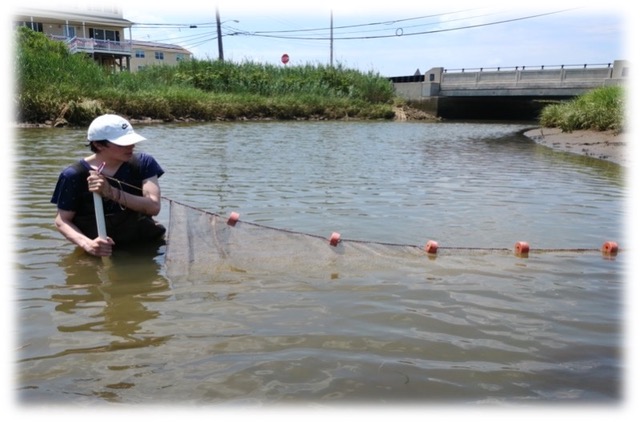
The process for getting the shrimp ready was generally simple. We isolated the shrimp for 24 hours in either normal pH at 8.1 for seawater or in acidified water at a pH of 7.8 to 7.7.
Once we were ready to start the test we took the shrimp out and tagged them. This was done by taking small pieces of tree markers, which are made of plastic, and gluing them onto the backs of the shrimp.
As far as we know this did not openly affect the shrimp in any way, but we cannot tell fully. Afterward, we started the test by putting the grass shrimp in either the control water or acidified water, depending on the test.
During SOAR, I presented my research project to the SOAR community and at a Landmark Summer Research Symposium over Zoom. Furthermore, I will present my findings in the spring of the 2022 semester at Scholars Day.
Overall, the results we established were that the hierarchy formed normally in pH at
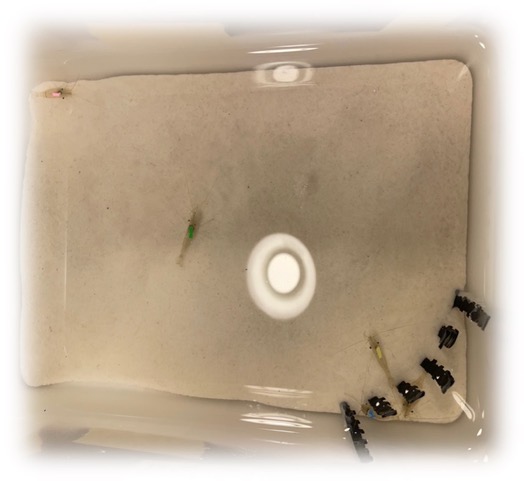
8.1 and in acidified water for the short time period (1 day). But when the shrimp were exposed to acidified conditions for long durations (two weeks), the hierarchy did not form properly.
This is significant because climate change is currently affecting the world and will continue to affect the world. If shrimp hierarchies do not form in acidified conditions, shrimp will waste energy in “fights” for food, mates, and shelter.
Going forward, I would like to continue studying marine biology and maybe do an independent study during my senior year, either relating to this topic or to another marine biological study.
If I do not get the chance to do it, that’s okay. My SOAR project was an amazing experience. I would say any student majoring in any subject should get some research in their respective field.
The community was very giving and accepting to all students, and getting the experience of a typical lab setting was very helpful for future career endeavors. Besides the science majors, there were a lot of other majors that presented their information and research. They were very informative; even without conducting experiments, they got their data and presented it well at the SOAR presentations. Overall, SOAR was great and I would like to give my thanks to Dr. Lord, the SOAR community of 2021, and Moravian University.


